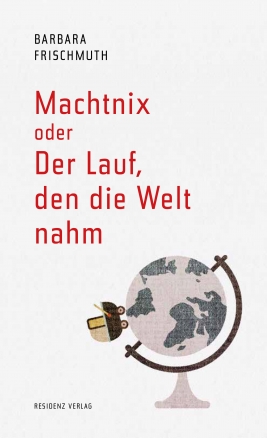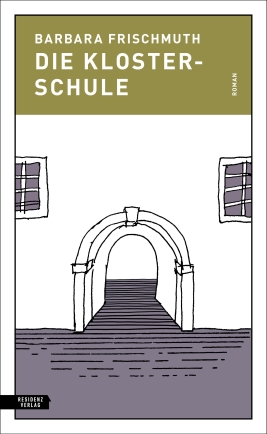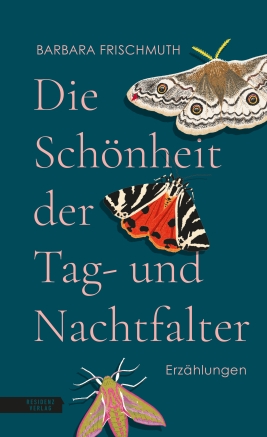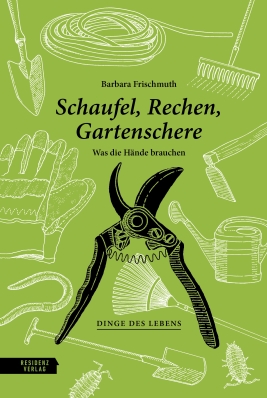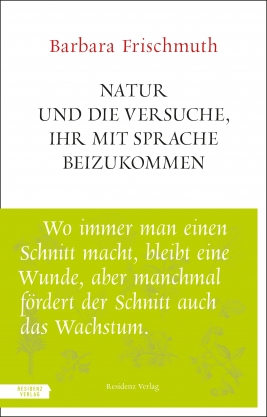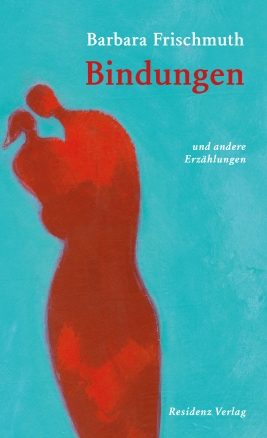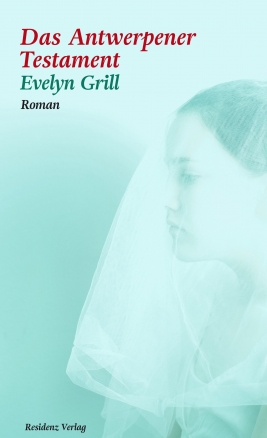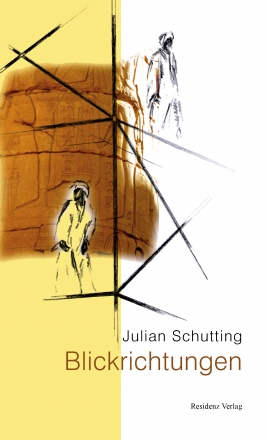(…) verblüfft durch prognostische Exzellenz.
[Quelle: erLesen, ORF III]
Es ist eine grandiose Mischung aus einem Roman, Märchen und dem Fantasie Genre. Diese Kombination kann sich sehen lassen und ist fesselnd und faszinierend zugleich. Man verschlingt bei diesem Buch jede Seite und hofft, dass es nie zu Ende geht.
[Quelle: Barbara Ghaffari, BOOK REVIEWS]
Es ist eine blühende Legierung verschiedener literarischer Ingredienzien.
[Quelle: Janko Ferk, WIENER ZEITUNG]
Indem die Grande Dame des Erzählens eine Fülle von Registern zieht, zeigt sie ein Bild der Welt, von dem man wünscht, es wäre eine Dystopie; oder nur ein schauriges Märchen. Ein wortwörtlich zwingendes Buch, das auf die Leselisten von Schulen gehört.
[Quelle: Sylvia Treudl, BUCHKULTUR]
(…) nicht bloß ein Dokument der Erschütterung, ein spannender Mix aus Science Fiction und Märchen.
[Quelle: Christoph Hartner, KRONEN ZEITUNG]
Barbara Frischmuths in ein Märchen verpackte Nachdenklichkeit über den „Lauf, den die Welt nahm“.
[Quelle: OÖ NACHRICHTEN]
Ein fantastischer Roman um ein mutiges Mädchen, das vor der Zerstörung flüchtet und unerwartet Freunde findet.
[Quelle: SÜDWIND MAGAZIN]
Eine wirklich sehr gut gelungene phantastische Geschichte, die mit Kritik am Krieg oder dem Umgang mit Medien alles andere als spart.
[Quelle: Sigrid Kaltenbrunner, BUECHER.DE]
Das Buch erschien 1993 (…). Seine sprachliche Brillanz, seine kompromisslose Diagnose und die Poesie im Räderwerk der Geschichte haben ihre Frische behalten, könnten inzwischen sogar noch mehr geschätzt werden. (...) Beste Erzähltradition, großes Sprachexperiment, Verachtung der kleinen Lösung gehören auch hier zur Technik der Frischmuth.
[Quelle: Birgit Dankert, 1001 BUCH]
Barbara Frischmuth, die Grande Dame der österreichischen Gegenwartsliteratur, überrascht mit einer quicklebendigen und höchstakutellen Mischung aus Science-Fiction, Märchen und Roman.
[Quelle: VIA]
Es ist ein Konglomerat aus Science-Fiction, Märchen und Roman, das Frischmuth mit „Machtnix oder der Lauf, den die Welt nahm“ vorlegt – und zugleich auch ein Entwicklungsroman. (…) Die Autorin verschränkt gekonnt Fantasie mit real existierender Lebens- und Weltzerstörung und lässt in jeder Sequenz des Romans viel Platz für die Leser_in, die Dinge weiterzudenken.
[Quelle: Roswitha Hofmann, WEIBER DIWAN]
So düster die Szenerie auch ist, Frischmuths Humor und ihre Lust an Wortspielen machen die Lektüre zu einem Vergnügen.
[Quelle: Renate Langer, BIBLIOTHEKSNACHRICHTEN]
Harte Kriegsszenen, Naturidyllen, sprachliche Perfektion in Verbindung von Märchenton und Polit-Analyse machen das 1993 erstmals erschiene, zeitlose Buch zum großen Lese-Erlebnis.
[Quelle: Birgit Dankert, BÜCHERFRAUEN]
